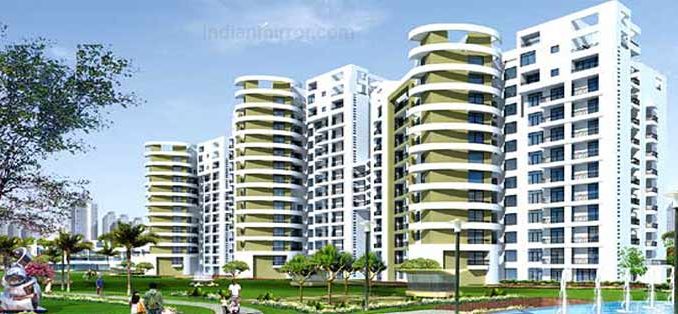
The real estate sector is regarded as one of biggest environmental degraders and it’s responsible for around 22 percent of India’s annual CO2 emissions. A built environment is pegged to be responsible for 30 percent of natural material use and 20 percent of water use globally, with the Indian scenario not being too different.
A study conducted by industry body Assocham in 2015, found that a number of environmental concerns such as erosion, contaminated soil, air contamination by asbestos particles, dust control and noise pollution are a direct result of construction activities.
The need of the hour is to inculcate sustainable construction technologies across the sector to ring in a wave of culture that puts the environment’s safety first.
The benefits of these are multi-fold as we look to reduce emissions from construction sites that pose a direct risk to the environment. Water conservation, waste reduction and efficient energy systems are needed to ensure our carbon footprints are reduced considerably.
The result of introducing green methods in the real estate sector can also yield economic benefits. Energy efficient systems are known to rake in savings, while ensuring water efficiency can help reduce operation costs in the long term. These low operating costs and environment-friendly tags also help property evaluations, while ensuring a decreased strain on the infrastructure in running these projects as there is much lesser load on electricity and water systems in the city. Other benefits, due to a marked reduction in pollution, also safeguard the health of our society and provide a community that’s safe and productive for individuals to live in.
A number of real estate developers are conscious about their impact on the environment and are strongly focussing on a number of initiatives that will help ease the burden on the ecosphere we live in. Real estate operations and construction share a symbiotic relationship with the environment, and the sector is constantly innovating to ensure their practices don’t leave significant carbon footprints.
Implementing technological interventions to build green homes is the new norm in the industry, with various technologies like Pre-cast, Reinforced Hollow Concrete Blocks (RCB), Gabion wall, Rapid wall and Mivan being used in a number of projects across the country. Alternative materials such as fly ash, AAC blocks, gypsum plaster, bio enzymes and curing compounds are also used to reduce a project’s impact on the environment.
Zero-carbon and zero net-energy homes will prove to be key features of future housing. Homes that use no fossil fuel, in turn mitigating greenhouse effect, will ring in an era that places sustainability at the core of future development plans. A special attention is also given to preserve the natural topography of projects, helping to sustain existing green covers that further lessens the impact of the project’s heat effect. Intelligent design techniques such as Biophilic design, where patterns in nature are used to inspire innovative and efficient architectural designs, are slowly, yet steadily finding a growing precedence in the industry.
A greater use of solar light fixtures and BEE star rated appliances are also being inculcated in construction projects to utilise energy efficiently. Rainwater harvesting, plantation of drought tolerant species in the landscape of the property and grey water treatment for use in construction and flushing are all key developments to ensure water efficiency in the future. Resources are also used efficiently with over 70% of the total material being procured from areas that are within 500 kilometres of the site as this helps reduce carbon footprint in the long run.
As we head into a future which will only see a spurt in development projects, greater emphasis must be placed on sustainable practices to ensure the sector does not burden the environment. Steps are already being taken in the right direction, however, much more work needs to be done to ensure that the real estate sector sets a precedent for inculcating green methodology in the way it does business.
Source: Firstpost

Leave a Reply